James by Percival Everett Wins the Pulitzer Prize for Fiction
Share
Explore Our Galleries
Breaking News!
Today's news and culture by Black and other reporters in the Black and mainstream media.
Ways to Support ABHM?
By Girish Shukla, Times Now News

Percival Everett’s ‘James’ wins the Pulitzer Prize for Fiction, offering a powerful retelling of Huckleberry Finn from Jim’s perspective. Bold, urgent, and deeply human, the novel reclaims a silenced voice with intelligence, emotion, and unflinching truth.
In a landmark achievement for contemporary literature, Percival Everett‘s novel ‘James‘ has been awarded the 2025 Pulitzer Prize for Fiction. This reimagining of Mark Twain‘s ‘Adventures of Huckleberry Finn‘ offers a profound exploration of race, identity, and freedom through the eyes of Jim, the enslaved man accompanying Huck on his journey.
A New Perspective on a Classic Tale
‘James’ retells Twain’s iconic narrative from Jim’s viewpoint, transforming him from a secondary character into the story’s central figure. Everett portrays James as a literate, introspective man who conceals his intelligence to navigate the perils of enslavement. Through this lens, the novel delves into themes of autonomy, resistance, and the complexities of human dignity.
The narrative challenges readers to reconsider the original tale, highlighting the often-overlooked depth of Jim’s character and the broader implications of his experiences. By shifting the focus, Everett invites a reevaluation of historical narratives and the voices that have been marginalized within them.
Continue reading to learn about the book’s reception and recognition.
ABHM book club recently read James. Check out our event calendar for the next book club and other events.
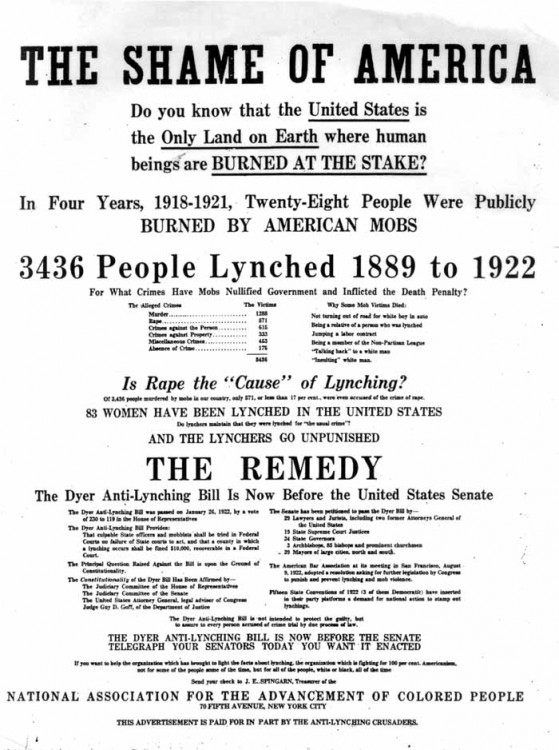
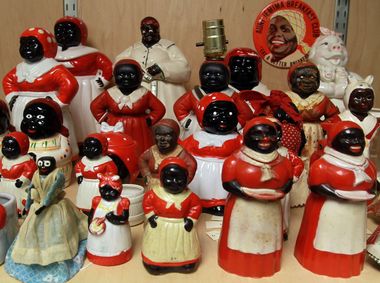
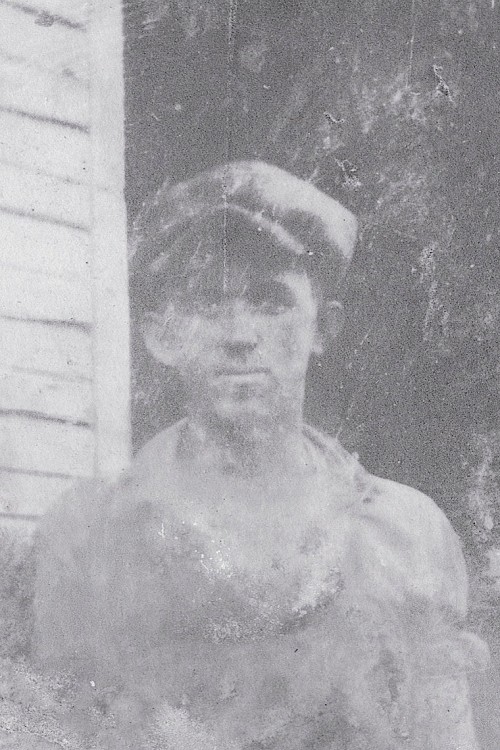
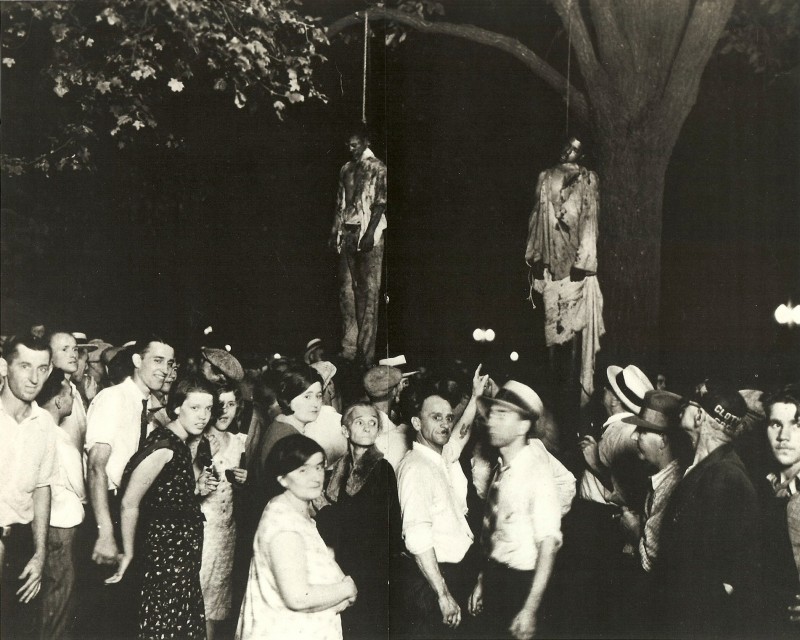
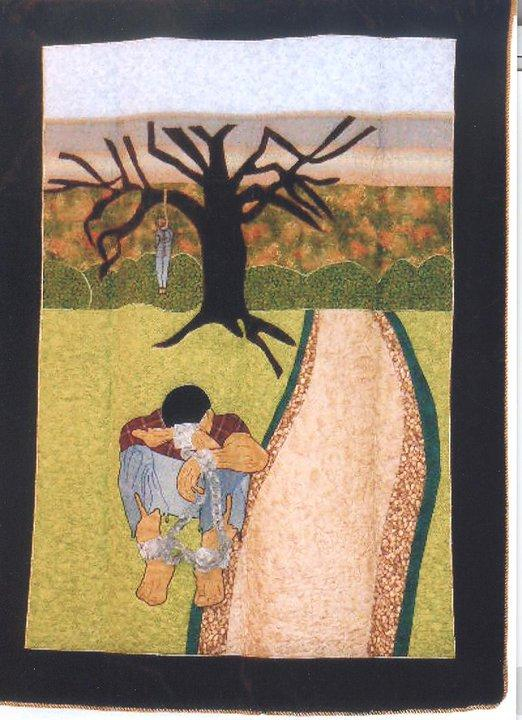




Comments Are Welcome
Note: We moderate submissions in order to create a space for meaningful dialogue, a space where museum visitors – adults and youth –– can exchange informed, thoughtful, and relevant comments that add value to our exhibits.
Racial slurs, personal attacks, obscenity, profanity, and SHOUTING do not meet the above standard. Such comments are posted in the exhibit Hateful Speech. Commercial promotions, impersonations, and incoherent comments likewise fail to meet our goals, so will not be posted. Submissions longer than 120 words will be shortened.
See our full Comments Policy here.